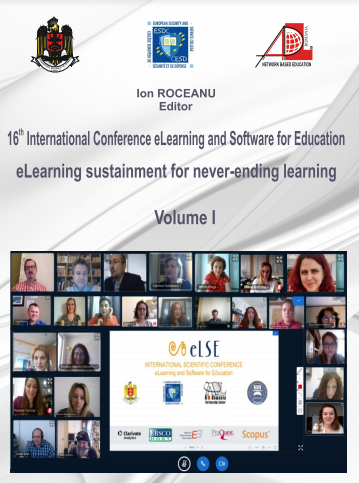GAMIFICATION AND GAMES IN THE LIBRARIES
GAMIFICATION AND GAMES IN THE LIBRARIES
Author(s): Ari Haasio, Octavia-Luciana MadgeSubject(s): Library operations and management, Electronic information storage and retrieval, ICT Information and Communications Technologies, Distance learning / e-learning, Pedagogy
Published by: Carol I National Defence University Publishing House
Keywords: gamification; libraries; games; information retrieval; library usage;
Summary/Abstract: In this paper, we discuss about the possibilities of gamification in public and academic libraries. The concept of gamification and its different forms are analyzed based on the previous literature. Gamification can be understood in different ways and used in different forms depending on the target group (e.g. students, children etc.) and the goals we have. These possibilities and types of gamification are introduced in this article by using examples from different libraries. Our main research questions are: 1) How can the concept of gamification be defined? 2) What kind of barriers there is against the gamification in libraries? 3) What are the possibilities and advantages of gamification for libraries? The article is based on previous studies made about gamification and interviews made with librarians in Finnish and Romanian libraries. Also different cases how gamification is used to teach e.g. library use and information retrieval is introduced in this article. The example vary from escape rooms in libraries to gamification in electronic solutions. Authors compare the situation in Finland and Romania. The theoretical framework of this article is based on Mihály Csíkszentmihályi’s Flow theory. Flow can be understood as the state of concentration and engagement that can be achieved when completing a task that challenges one's skills. In libraries gamification makes it possible to get the customers interested in e.g. improving their skills in information retrieval. Gamification improves motivation and makes learning more effective.
Journal: Conference proceedings of »eLearning and Software for Education« (eLSE)
- Issue Year: 16/2020
- Issue No: 01
- Page Range: 98-103
- Page Count: 6
- Language: English

